Onions are ranked in the top ten vegetables produced worldwide. It is believed that onions come from Asia and began to cultivate in 1630.
Onions are a seasonal plant that grows well in a wide range of temperatures. Young onion plants are highly resistant to cold. Onions can be produced by planting seeds or the transplanting of young onion plants. When planting onion seeds, use 2 to 4 pounds of seed per acre. The planted rows should be within 16 to 24 inches apart. To achieve high quality of onions, they require cooler temperatures during early development and high temperatures during maturation.
Allium plants have shallow roots and relatively small, thin leaves that make them poor competitors for herbaceous plants. Therefore, chemical and mechanical methods of weed control are crucial for high yields.
During its growth, the onion goes through a process called "bulb formation" to produce onions. This process is influenced by the amount of daylight, not the age of the plant.
Adequate daylight depends on the variety of onion, and can range from 12 hours to species that mature early and 15 hours for those late-maturing ones. Factors that affect the size of the formed onion include early planting, space, soil moisture, control of grass and damage from insects and pests.
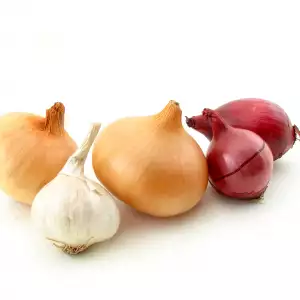
Onion varieties
Hybrid varieties of onions are recommended more because they are more homogeneous, formed with higher yields than conventional varieties. The choice of variety for cultivation depends on two key factors: the type of market to which it goes and growing conditions.
Mainly two groups of onions grow. The American group includes several varieties, while the European or foreign group, consists mostly of Bermuda and Spanish varieties. Onion types vary in color, shape, taste, storage, and time to reach maturity.
Yellow varieties account for about 75% of all onions. Most American varieties, and the sweet Spanish variety, require more sunlight to form a bulb. Early harvest, or 80 to 100 days of gestation, is recommended.
Another group of greens onions offer connections. This group is composed of species such as Japanese, Southern, Lisbon and Spanish white.
Selection and storage of onions
Allium plants are mature and ready to harvest when their tops dry up and fall off. If onions are to be stored after harvest, they should be allowed to dry before harvesting. However, the onions should not be left in the ground until their tops dry completely, since the bulb is likely to develop roots that will reduce it’s market value. Splitting of an onion also reduces its market value, so it is undesirable.
Culinary uses of the onion
Fresh onion has many of the qualities you need, however, it is better to be consumed quickly after purchase. The most fragile and perishable parts of the onions are leaves. If you wait for the preparation of fresh onions, care shall be provided for the storage of the first green leaves. They are washed and treated with water immediately before use. Failure to follow this will let the soften and mush up. Under no circumstances should we steam and stew onion, store it in plastic bags.
Frozen fresh onions are a wonderful addition to any dish and fresh spring salad in winter. To do this, you must first wash the onions, then let them dry. No need to use a kitchen paper, The water will disappear in a while. Do not peel the outer layers of the onion, because they naturally protect and preserve it for further freezing. The same applies to the root system. After fresh onions are washed and dried, cut it into large as pieces as possible and put it in a plastic bag for the freezer. Green leaves should not be treated and remain whole.
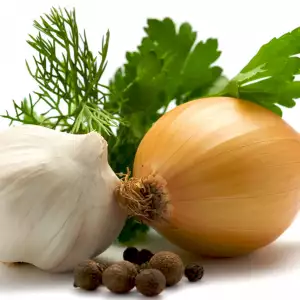
Tricks for cooking with onions
Onion is a great side dish for grilled meat if you peel and gently bake it in the oven and sprinkle it with a little brown sugar.
If you blanch, then fry and stew it with chopped mushrooms, you get the perfect garnish for beef.
Red onions can be sealed without white. It is important not to miss the moment and let the soft red skin become black.
If you fry some onion with salt and add it to dough for bread, it will have excellent taste.
Benefits of onions
Fresh onions prevent dental problems such as cavities and tartar, the juice of onion even prevents gingivitis and is used to prevent periodontal disease.
Onions are rich in vitamins (C, E, Group C, D, PP, minerals ( iron, calcium) and oxygen, known for its antiseptic, anti-inflammatory and healing skin properties. Onion is useful in burns as it is a natural antiseptic and helps in healing burns and in a few minutes, you will hurting. Chopped onions are mixed with some water and applied to the burn.
Onions contain essential oils and organic acids, which play a significant role in digestion: increasing appetite, secretion of gastric juices and improving the absorption of ingested food.
Onion is also useful in removing insect bites. Rub onion on the bite a mosquito, bee or wasp, it is not only soothing and has restorative properties, but acts as an anti-inflammatory. After a few hours, the pain, itching and swelling will subside.
For healthy hair and hair growth, it is recommended to wash your hair every 1-2 weeks with a decoction of onion flakes. A decoction of a handful of onion skins, boiled in a glass of water for about 10 minutes cures dandruff and your hair get a straw-gold hue.
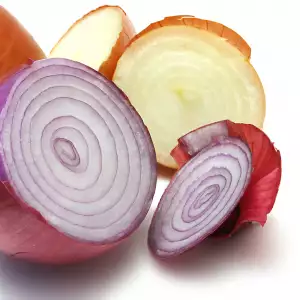
Onions also help in removing warts. For this purpose, mix chopped onions with crushed aspirin and add a little cold water. Apply the mixture with tape. Do the procedure in the night and in the morning, remove the tape. After several treatments, your skin will be completely cleared of warts.
If you work with liquid chemicals and paints with a strong odor, take onions. Chop onion and place it in a glass of water next to the most odorous chemicals. The onions will absorb the odors. The room smells of onions, but it is more useful to your body than inhaling fumes from various chemicals.
If you have ants or other insects in the house, put a bowl with chopped onion in their way. They hate the smell of onions and will leave your home quickly.
French scientists even found that if a woman regularly eats onions and garlic, she significantly reduces her risk of breast cancer. So ladies, think before you refuse these gifts of nature just because of their flavor.
When suffering from stretched tendon, clean an onion, cut it in small pieces and mix it with a little sugar. Pour some of the mixture on a cloth, until it forms a thick layer and apply it to the affected area, with a bandage. Change the compress once a day.
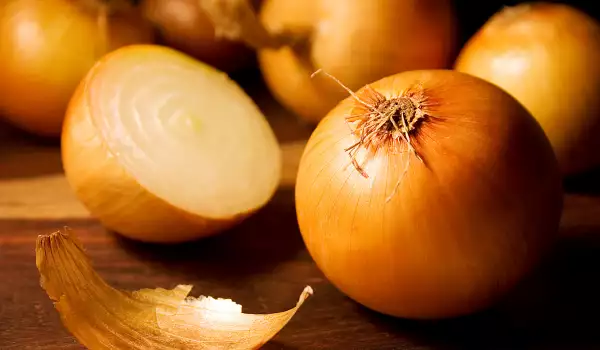
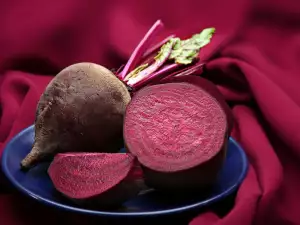
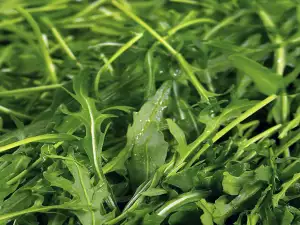
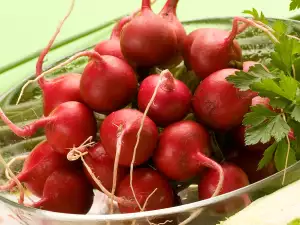
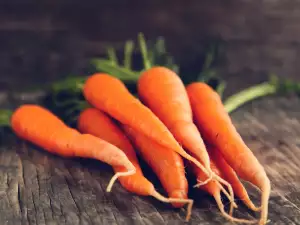
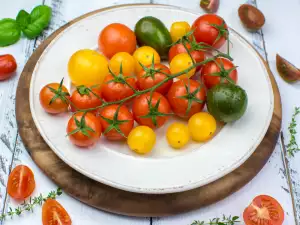
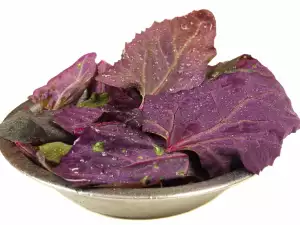
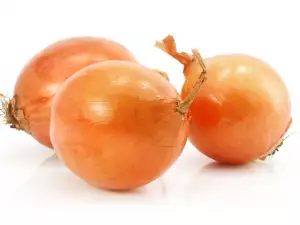
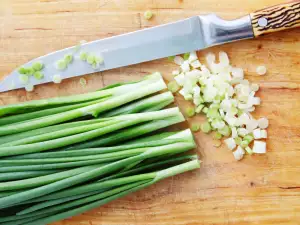
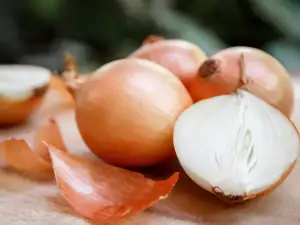
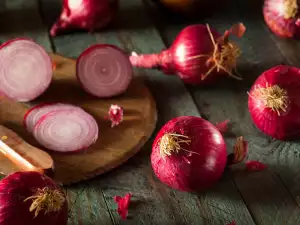
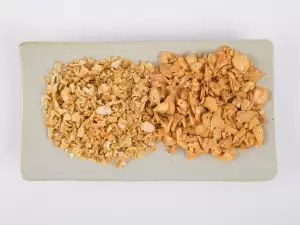
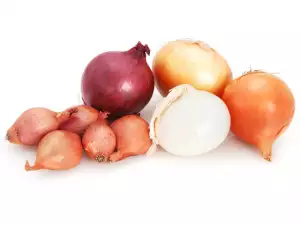




Comments